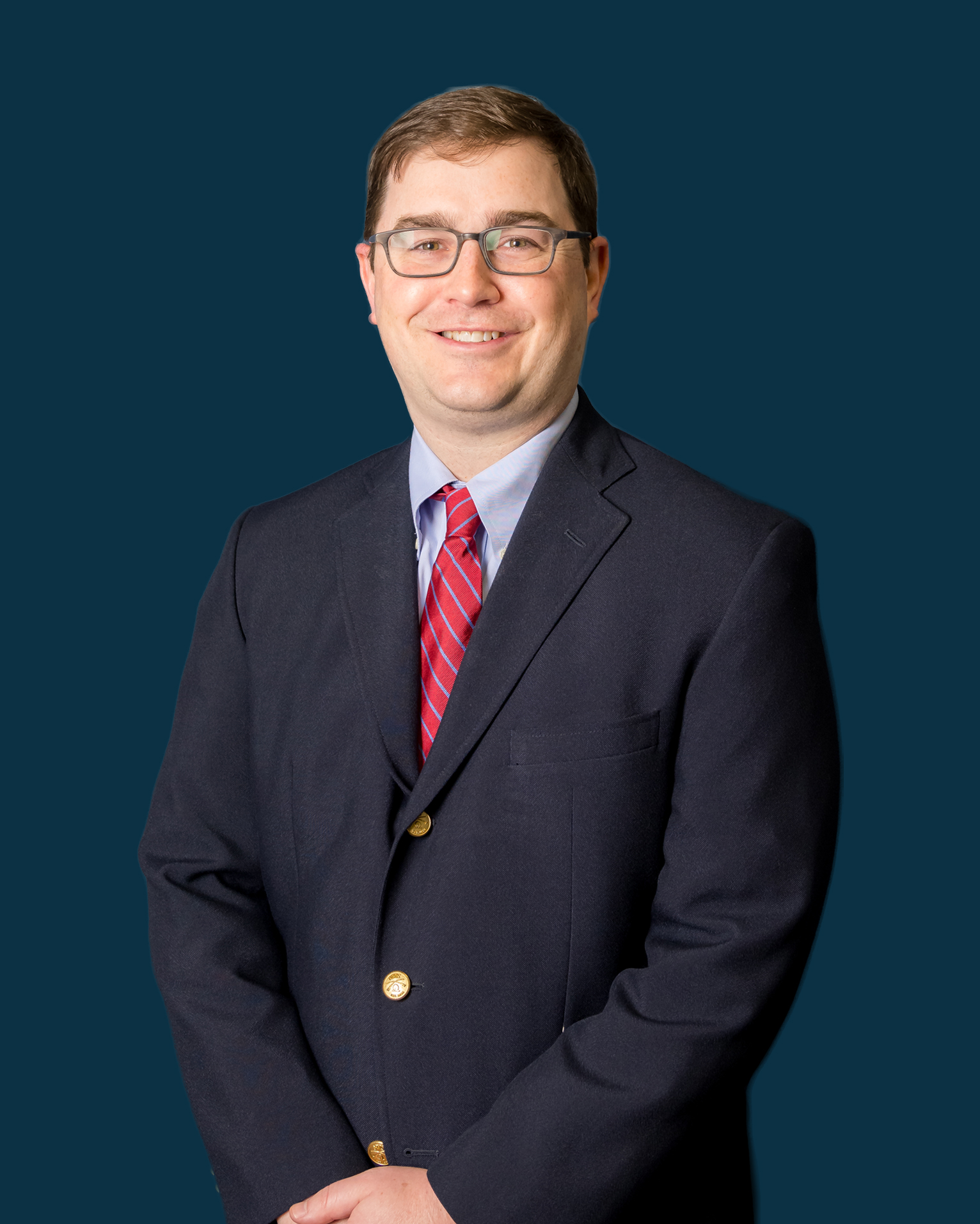
What is your role at Alliance Cancer Care, and how long have you worked here?
I am currently the Medical Director at Alliance Cancer Care. I have worked here for over nine years, and my most important role here is practicing as a radiation oncologist. I see patients in the clinic every day and evaluate whether or not radiation would be indicated based on looking at their imaging, biopsies, and physical examination, among other things. If patients do need treatment, we obtain specialized imaging to map the treatment, and I am responsible for outlining the target areas that we want to treat. I then help the dosimetry and physics teams come up with a treatment plan to accurately shape the radiation dose to the target and limit the dose to surrounding structures.
I am fortunate to follow patients weekly during their treatment course to make sure they are tolerating treatment appropriately, and address any concerns or side effects that may develop. Afterward, I play a role in monitoring patients as they recover. In some cases, we follow patients for years, seeing them back periodically for imaging, exams, and labs.
As Medical Director, I am fortunate to have a group of physicians that I work with who are passionate about delivering modern, state-of-the-art radiation care. I help gather the most recent information to make sure that we have appropriate and updated policies and procedures to offer the best quality of care to patients in our community. I also act as a liaison between physicians and other teams across our company, including radiation therapists, physicists, dosimetrists, and nurses. I also work with our surrounding teammates, and our other physician colleagues in the community, to help to coordinate patient care.
What type of cancers do you treat?
Like the other members of our group, we all treat a broad variety of cancers, as well as some benign conditions. Certain cancers are very common, including breast, prostate, and lung cancers, which we all evaluate and treat. Because of my particular interest in certain types of radiation, including stereotactic radiosurgery and stereotactic body radiation therapy (SBRT), I see a slightly higher proportion of patients with brain tumors and lung tumors. I also have a busy practice of patients with head and neck malignancies.
What do you love most about your job?
It’s a privilege to take care of people who have cancer. It’s a scary thing for anyone to find out that they have cancer. Every day I come to work and try to help someone who is going through the most challenging thing in their life. That is incredibly rewarding.
From an intellectual standpoint, I am always seeing new and different things. So being able to use my mind to approach a problem, and work to find a solution to help the patient is a great combination of using my intellectual curiosity and helping patients here in our community.
What do you love to do outside work?
Like a lot of husbands and fathers, I spend a lot of time outside work with my children and wife. When I have alone time for myself, I like to read. My favorite genres are history and historical fiction. I also like to hike, and we have a lot of good hiking trails close to home in North Alabama. I also like sports, and follow both professional and college sports. My favorite team is the North Carolina Tarheels.
What would people be surprised to learn about you?
I am a big dog person and have always loved animals, even as a kid. I had to fight to convince my parents to let me have my first dog when I was 11 or 12 years old. My wife and I have had several dogs, and I currently have two rescue dogs. One is 11 pounds, and one is 45 pounds, which we found on the side of the road in North Carolina when we were traveling for a friend’s wedding. I am an animal lover and love playing with my dogs outside work.
What is one piece of advice you want patients to know coming to Alliance Cancer Care for their radiation treatment?
We want all our patients to be comfortable in the environment and comfortable with us, the physicians. We want patients to be confident that they understand why they need treatment, and what to expect. It can be useful to write down questions in advance of your first consultation, and make sure you ask those questions. It’s our job to answer them. I’ve told many patients that if they didn’t have questions, they could replace me with a robot. That’s the human side of what we do, and we enjoy explaining to you why we are doing what we are doing and making sure we address any concerns about your cancer and treatment. Ask questions early and often. Make a list of questions so you remember what you’d like to ask.
Why do Dr. Gleason’s nurses value working with him?
“It is a daily joy to work alongside Dr. Gleason in taking care of our patients. His expertise, knowledge, and ethics are unmatched. I never question the quality of care our patients receive, making it so easy to support him.”
What do patients say about Dr. Gleason?
“Dr. Gleason is extremely knowledgeable and his staff is extremely nice.”
“Dr. Gleason and his entire staff are both highly competent and extremely caring.”
“Dr. Gleason and the entire team are the creams of the crop.”